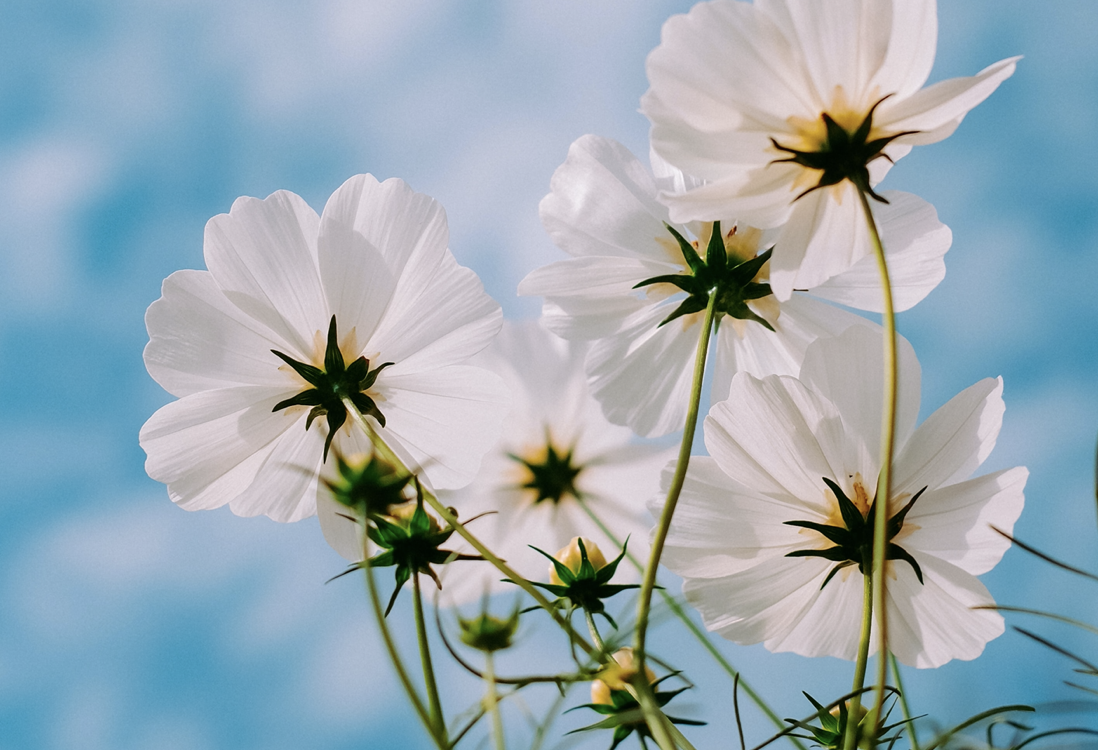In a parallel universe, I spend today lounging in the sun in Prospect Park. I spread out a big red and white-checkered picnic blanket for friends; I snack on watermelon and hummus and pretzel chips; I lie on my belly and read something trashy. I eat dinner in a backyard garden with string lights.
Every spring, days like this imagined one remind me that the change of seasons makes a real difference for many people’s mental health, including mine. And while the coronavirus pandemic has made this particular spring a mental and physical nightmare, it may still be possible to reap some of spring’s mental health benefits while in keeping with public health guidelines.
It’s no coincidence that many of us feel happier during the spring. Spring’s longer, sunnier days alleviate Seasonal Affective Disorder (SAD), a condition characterized by depression and fatigue during the fall and winter that improve during the spring and summer. Scientists hypothesize that shorter, darker winter days scramble our circadian rhythms and interfere with serotonin and melatonin levels, which bounce back in the spring. Not only those who suffer from SAD feel better in the spring: A 2016 study of more than 16,000 people tied seasonal increases in sunlight to decreased emotional distress, and similar seasonal improvements have been observed in people suffering from bipolar disorder.
A 2016 study of more than 16,000 people tied seasonal increases in sunlight to decreased emotional distress, and similar seasonal improvements have been observed in people suffering from bipolar disorder.
You don’t need to spend every waking moment outdoors to enjoy these mental health benefits. A 2005 study found that just 30 minutes in the sun improved subjects’ moods, and a 2020 review indicated that as little as 10 minutes of sitting or walking in a natural setting positively impacted mental well-being. Public health experts say a brief walk, jog, or bike ride is still okay as long as you’re limiting face-to-face contact with others. To do so, Carolyn Cannuscio, a social epidemiologist at the University of Pennsylvania, recommended walking in less busy locations or at off-peak times.
Even through a window, it’s possible to engage in mindfulness of nature and our surroundings. Jenny Odell, author of How to Do Nothing, a manifesto on reclaiming our attention from the forces that monetize it, raves of her hours spent observing crows through the window of her Oakland apartment, calling the experience an “escape hatch from contemporary anxiety.” Others reach nature, if not physically, through art. In a recent Times image series, seventeen artists captured the view from their windows amid the citywide quarantine. A commenter from Connecticut responded that she has been looking out her window more often, and was grateful to see a cat, her neighbors, and the beginning of spring.
Another springtime tradition, spring cleaning, may yield mental health benefits still accessible during quarantine. Research has tied tidier homes to lower stress levels, improved focus, and better overall health. According to the unofficial queen of cleanliness, Marie Kondo, “A dramatic reorganization of the home causes correspondingly dramatic changes in lifestyle and perspective. It is life transforming.” Many of us now have only one space to occupy and far more time than usual to clean it, so it’s as good a time as ever to make that space as clean and comforting as possible.
Even the coronavirus pandemic itself may, in some small but meaningful way, cultivate a sense of community and solidarity that wasn’t there before. In A Paradise Built in Hell, Rebecca Solnit argues that empathy and compassion proliferated in the wake of disasters including Hurricane Katrina and the 1985 Mexico City earthquake. Compassionate actors couldn’t undo the fact that a disaster had occurred, but they helped its survivors withstand the mental distress and sense of loss it left behind. Amid the coronavirus crisis, many ordinary citizens have already donated to employee relief funds, paid strangers’ rent, and sewed masks to give away.
None of these things – not springtime, not goodwill, not birdwatching through the window, and especially not folding t-shirts sideways – will erase the fact that we are in the midst of a global pandemic. Nothing will. But since I can’t end the crisis, I’m trying to cope with it – and getting a little sunlight can only help.









